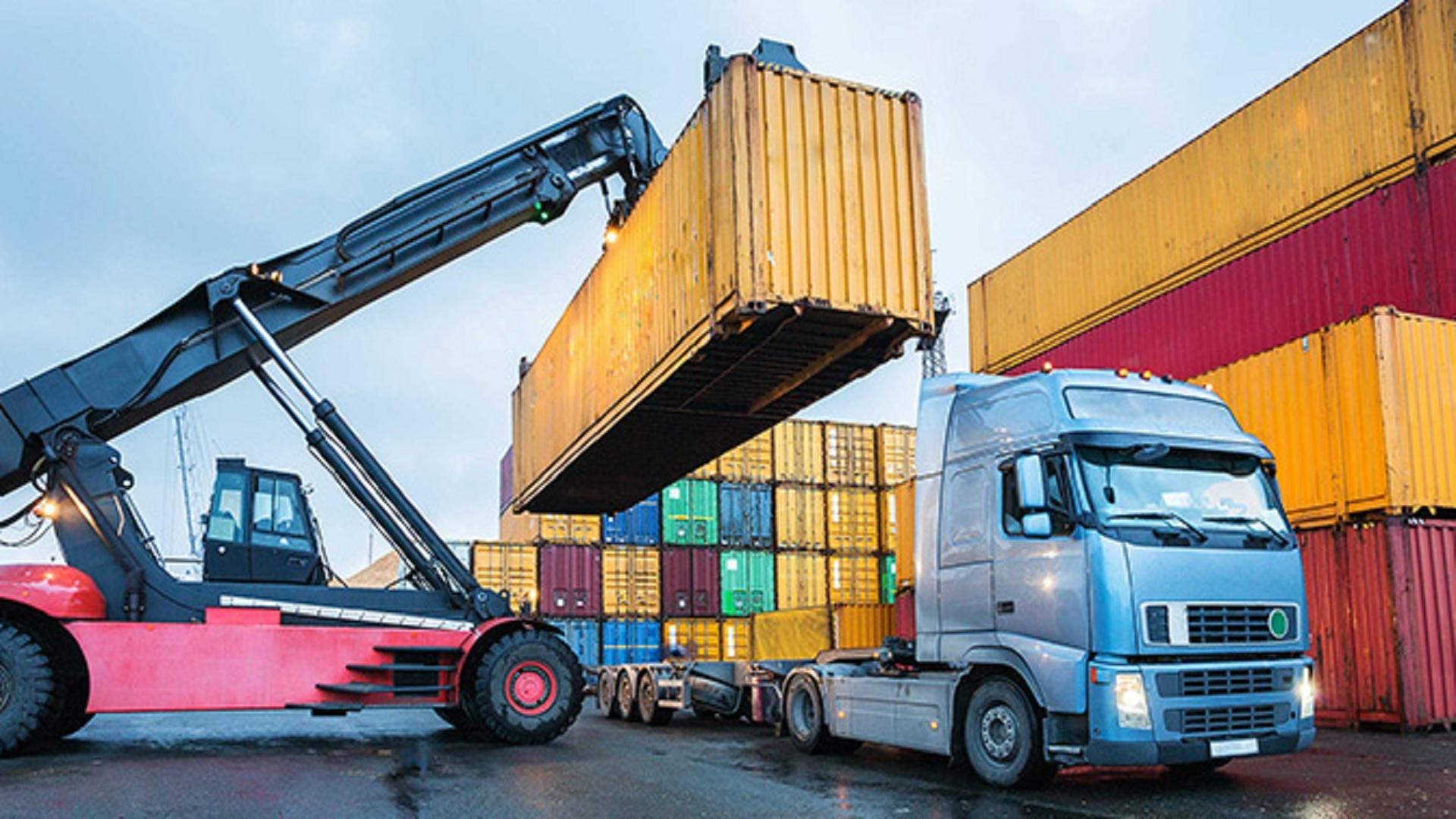
Indonesia, an expansive archipelago with more than 17,000 islands is a nation in which cargo transport plays a crucial role in connecting its diverse regions. Due to its extensive and diverse geographical terrain, transporting products across Indonesia requires a highly efficient and secure logistical system. Cargo transport is the vital link which connects cities, remote islands, and international markets. They ensure that companies thrive and vital products reach all corners of the nation. From agricultural products to industrial equipment and even industrial machinery, the industry of cargo is a major source of income for Indonesia plays a key role in boosting economic growth as well as supporting the livelihoods of thousands of people.
The difficulty of cargo operations of cargo expeditions in Indonesia is made more difficult by its distinct geographical. With more than 5,000km from west to east, the country’s islands are separated by rivers, seas and mountains. This presents logistical issues that need innovative solutions. Sea freight is the dominant means of transport with ports like Tanjung Priok in Jakarta and Tanjung Perak in Surabaya serving as major hubs for import and export shipments. Alongside maritime routes, air freight has become more popular over the last few years, providing faster delivery options for time-sensitive items. Multi-modality ensures goods are transported efficiently across the archipelago despite geography-specific limitations.

The ekspedisi cargo muat industry in Indonesia is experiencing rapid transformation in order to keep up with the needs of a growing economic. Technology advancements, like the use of real-time tracking technology and automated logistics management have transformed how goods are moved. Digital platforms are being used by companies to offer complete transparency and streamlining operations, which allows businesses and customers to track their deliveries easily. Additionally, the rise of e-commerce has increased the demand for speedier and more flexible delivery options, causing logistic companies to increase their network and improve the last mile delivery options. This digital transformation has made shipping more effective, transparent, and customer-focused.
The government’s initiatives have a major role to play in shaping the logistics landscape in Indonesia. Initiatives such as”Sea Toll Road,” for instance “Sea Toll Road” aim to reduce logistics costs and enhance connectivity between large islands and regions that are remote. By enhancing port infrastructure and subsidized shipping routes the government aims to eliminate disparities in regional development and encourage economic integration. This is particularly helpful in rural and smaller island areas, where the availability of goods and services is usually restricted. By bridging these gaps cargo trips aid in reducing the gap between people and encouraging growth that is inclusive throughout the nation.
Environmental sustainability is becoming an increasingly important consideration for Indonesia’s cargo-expedition business. The industry is growing it also has a greater impact on the planet, especially due to emissions from ships airplanes and trucks. Companies are beginning to adopt sustainable logistics methods that include optimizing delivery routes, utilizing eco-friendly vehicles and experimenting with alternatives to fuels. Furthermore, efforts to decrease packaging waste and to promote sustainable supply chains are beginning to gain popularity. The efforts do not just align with international environmental standards, but also enhance the reputation of the logistics industry in Indonesia as it competes on the global market.
In conclusion, cargo expeditions constitute the core of the Indonesian economy, helping the movement of goods across its vast and diverse archipelago. Even with the challenges of geography however, the business continues to innovate and adapt due to advancements in technology, the support of government and an increasing importance on sustainability. As the Indonesian economy develops and expands its integration to the international market with cargo expeditions will only become more important. With continued investment in infrastructure, modernization, and eco-friendly techniques, this sector is set to be ready for the needs of the future and ensure that Indonesia is competitive and well connected at both an internal and international scale.

